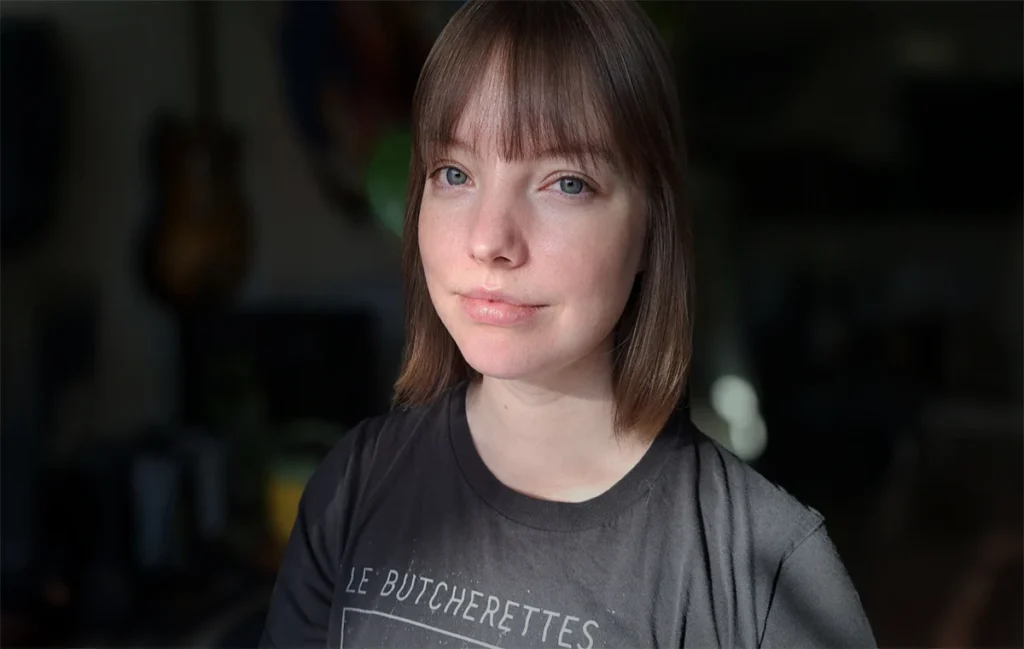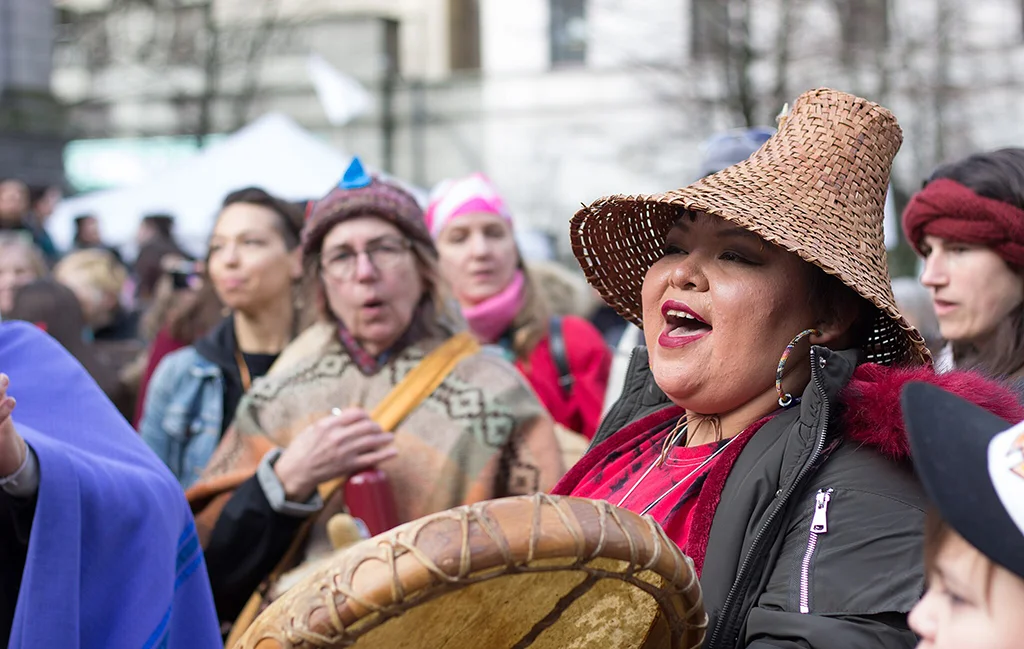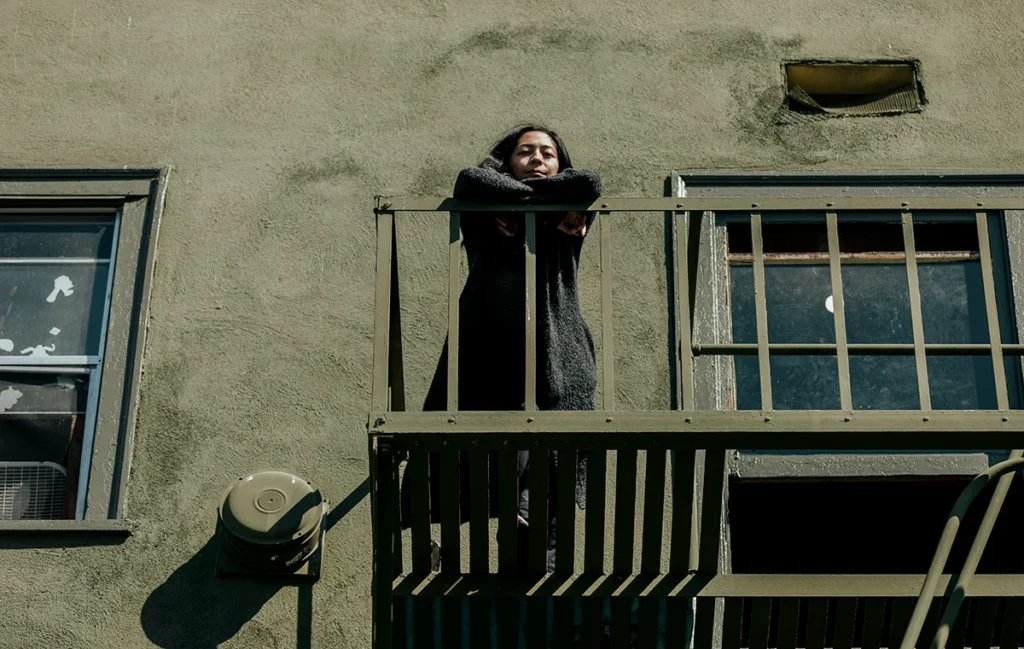Amid Vancouver’s ongoing housing crisis, Alie Lynch, a master’s student in Simon Fraser University’s Urban Studies Program, has emerged as a powerful advocate for equitable solutions in the Downtown Eastside. Her work, focusing on preserving and transforming single-room occupancy housing, has earned her the prestigious 2024 Urban Studies Alumni Award for Community Engagement. The recognition highlights Lynch’s dedication to advocating for tenant autonomy and housing justice, values that resonate deeply in one of Canada’s most vulnerable neighbourhoods.
A Path Rooted in Advocacy and Community
Lynch’s connection to the DTES began with her involvement in Vancouver’s underground music scene during her undergraduate years. Those early experiences introduced her to the area’s rich culture and struggles, fostering a deep respect for its resilience. Her work in tenant advocacy emerged as a response to Vancouver’s worsening housing crisis, which began to affect her and her peers directly.
In her professional life, Lynch took on roles that brought her closer to the heart of the DTES community. As a research and policy coordinator with the Downtown Eastside Community Land Trust (DTES CLT), she has worked to develop tenant and elder advisory committees to give residents a voice in housing solutions. Her focus on community land trusts aims to protect SROs from private speculation while ensuring they remain affordable and tenant-centered.
Central to Lynch’s philosophy is the belief in tenant agency. Her mentor, Norm Leech, Executive Director of the DTES CLT, guided her understanding of how colonial systems have shaped housing inequities. Together, they have worked to reimagine a future where housing policies prioritize the voices and needs of those most affected.
Challenging Stereotypes Through Research
Lynch’s graduate research dives deep into the realities of SRO housing in the DTES, offering insights that disrupt conventional narratives. Privately owned SROs, often vilified for poor conditions, paradoxically provide tenants with greater autonomy. Conversely, government-managed SROs, while safer and more stable, often impose strict surveillance and rigid rules that many residents find stifling. Lynch’s work lays bare this tension, showing that housing solutions must prioritize tenant dignity and independence.
Her findings confront the stereotype that all DTES residents require high levels of intervention. Lynch argues, “It’s not about imposing a one-size-fits-all solution; it’s about listening to tenants and meeting them where they are.” This perspective reframes the housing debate, pushing policymakers to view residents not as passive recipients of aid but as active participants in their futures.
By documenting these complexities, Lynch’s research calls for nuanced policies that recognize the diverse needs of DTES tenants. Her advocacy highlights the importance of treating housing as more than shelter—it’s a foundation for independence and community.
A Reluctant Leader Making a Lasting Impact
Although Lynch prefers to work behind the scenes, her efforts have significantly shaped the DTES housing landscape. Through her work with the DTES CLT, she has been instrumental in developing strategies to bring SROs under community ownership. These efforts aim to preserve affordable housing and ensure that tenants are treated as partners in shaping their living environments.
“Alie has been the lynchpin for the success of our project,” says Leech. “Her work could prevent homelessness for hundreds of people and potentially thousands more.” Her leadership style, characterized by collaboration and a deep commitment to research, exemplifies the values celebrated by the Urban Studies Alumni Award.
Despite her accomplishments, Lynch remains focused on the work ahead. “I’m not interested in the spotlight,” she says. “I want to push from behind, helping to empower the community to take the lead in determining its future.”
What Leadership Like Lynch’s Means for the DTES
Leadership in the Downtown Eastside requires empathy, ingenuity, and a willingness to challenge the status quo—qualities Lynch exemplifies. Her approach is rooted in collaboration, elevating tenant voices and ensuring housing policies are shaped by those most affected. This focus on empowerment breaks from traditional models of top-down decision-making, fostering trust in a community that has often felt neglected.
Through her research, Lynch has brought fresh perspectives to long-standing issues, such as the trade-offs between autonomy and oversight in SROs. Her advocacy for community land trusts protects affordable housing and shifts power dynamics, enabling tenants to have a stake in their living conditions. These strategies offer a vision of leadership that prioritizes partnership over prescription.
More broadly, Lynch’s work reshapes the narrative around the DTES. By focusing on resilience and agency rather than stereotypes, she challenges the public to see the community’s potential rather than its problems. This shift is transformative for a neighbourhood often defined by its struggles, offering a blueprint for inclusive urban renewal.
Transforming Vision Into Action
Lynch’s journey isn’t just about housing—it’s about reshaping how society approaches its most pressing urban challenges. The recognition she’s received through the 2024 Urban Studies Alumni Award is more than a personal milestone; it’s a testament to the power of grassroots advocacy and evidence-based policy to create lasting change.
Her work with the DTES CLT exemplifies how research can inform action and how action can elevate voices that are often overlooked in policy debates. Lynch’s vision is clear: housing isn’t just a physical space—it’s a cornerstone of dignity, stability, and equity. Her efforts to protect tenant rights and promote community-driven solutions serve as a beacon for cities across Canada.
The next chapter for the DTES requires leaders like Lynch to bridge the gap between ambition and reality. It’s not enough to preserve what exists; the goal must be to build a future where housing empowers rather than confines. Lynch’s work reminds us that progress begins when we listen to the people who live the realities we seek to change—and act with the courage to transform vision into action.
Monika is a dedicated Downtown Eastside activist and youth counsellor with extensive experience working alongside British Columbia and California community organizations. Passionate about harm reduction and youth empowerment, Monika’s advocacy focuses on creating impactful programs, offering a voice to those often overlooked.






Leave a Comment